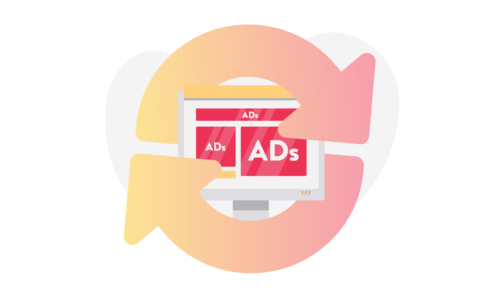What Is FLoC And Why Google Chose It To Replace Third-Party Cookies
On Monday, January 25th, Google announced that third-party cookies within Chrome Browser will be replaced by Federated Learning of Cohorts – FLoC or “flock”.
Developed as a part of Privacy Sandbox, FLoC offers a way of clustering large groups of people with similar interests and aims to preserve user privacy by using identifiers for cohorts instead of individuals. By including the user to the cohort, the algorithm is to provide the individual with a sufficient level of anonymity.
Details on the size of the cohorts and their granularity are not known at the moment. However, according to Google, Federated Learning of Cohorts as a way of ad targeting is giving advertisers at least 95% of the efficiency versus cookies.
When will FLoC be available for public testing?
We’re encouraged by what we’ve observed and the value that this solution offers to users, publishers and advertisers. Chrome intends to make FLoC-based cohorts available for public testing through origin trials with its next release in March and we expect to begin testing FLoC-based cohorts with advertisers in Google Ads in Q2 – said Chetna Bindra, Group Product Manager for User Trust and Privacy at Google.
To what extent is FLoC an alternative for third-party cookies?
It is important to note, that Federated Learning of Cohorts is not going to replace all the functionalities cookies have. Things like measurement and fraud prevention, which third-party cookies are used for, are not handled by FLoC (…), retargeting isn’t possible through FLoC either – points out Tim Cross in his article for Video Ad News.
What’s more, is that just a week ago U.K. Competition and Markets Authority (CMA) started investigating Privacy Sandbox. How the potential decision of the regulator is going to affect the 3rd-party cookies cancellation is not known yet.






